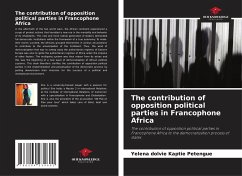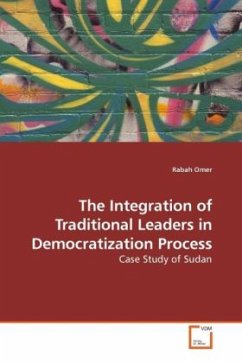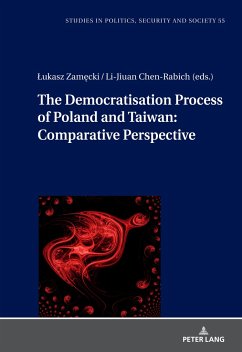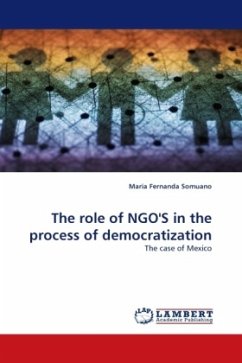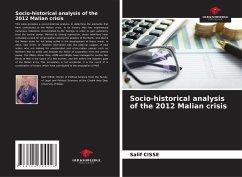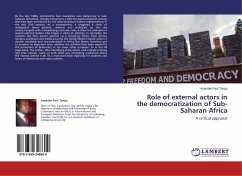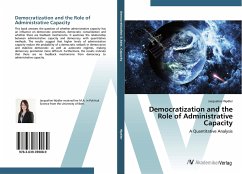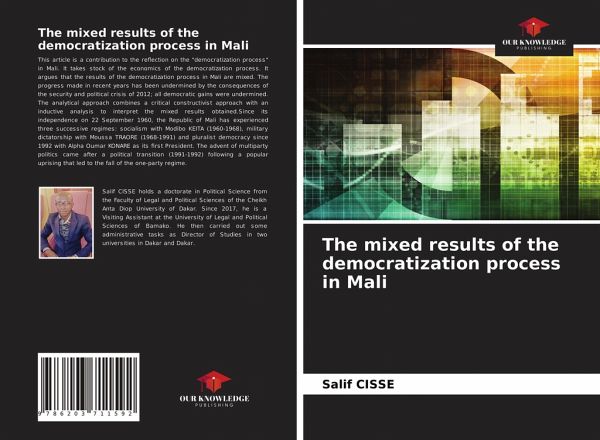
The mixed results of the democratization process in Mali
Versandkostenfrei!
Versandfertig in 6-10 Tagen
27,99 €
inkl. MwSt.

PAYBACK Punkte
14 °P sammeln!
This article is a contribution to the reflection on the "democratization process" in Mali. It takes stock of the economics of the democratization process. It argues that the results of the democratization process in Mali are mixed. The progress made in recent years has been undermined by the consequences of the security and political crisis of 2012; all democratic gains were undermined. The analytical approach combines a critical constructivist approach with an inductive analysis to interpret the mixed results obtained.Since its independence on 22 September 1960, the Republic of Mali has exper...
This article is a contribution to the reflection on the "democratization process" in Mali. It takes stock of the economics of the democratization process. It argues that the results of the democratization process in Mali are mixed. The progress made in recent years has been undermined by the consequences of the security and political crisis of 2012; all democratic gains were undermined. The analytical approach combines a critical constructivist approach with an inductive analysis to interpret the mixed results obtained.Since its independence on 22 September 1960, the Republic of Mali has experienced three successive regimes: socialism with Modibo KEITA (1960-1968), military dictatorship with Moussa TRAORE (1968-1991) and pluralist democracy since 1992 with Alpha Oumar KONARE as its first President. The advent of multiparty politics came after a political transition (1991-1992) following a popular uprising that led to the fall of the one-party regime.



